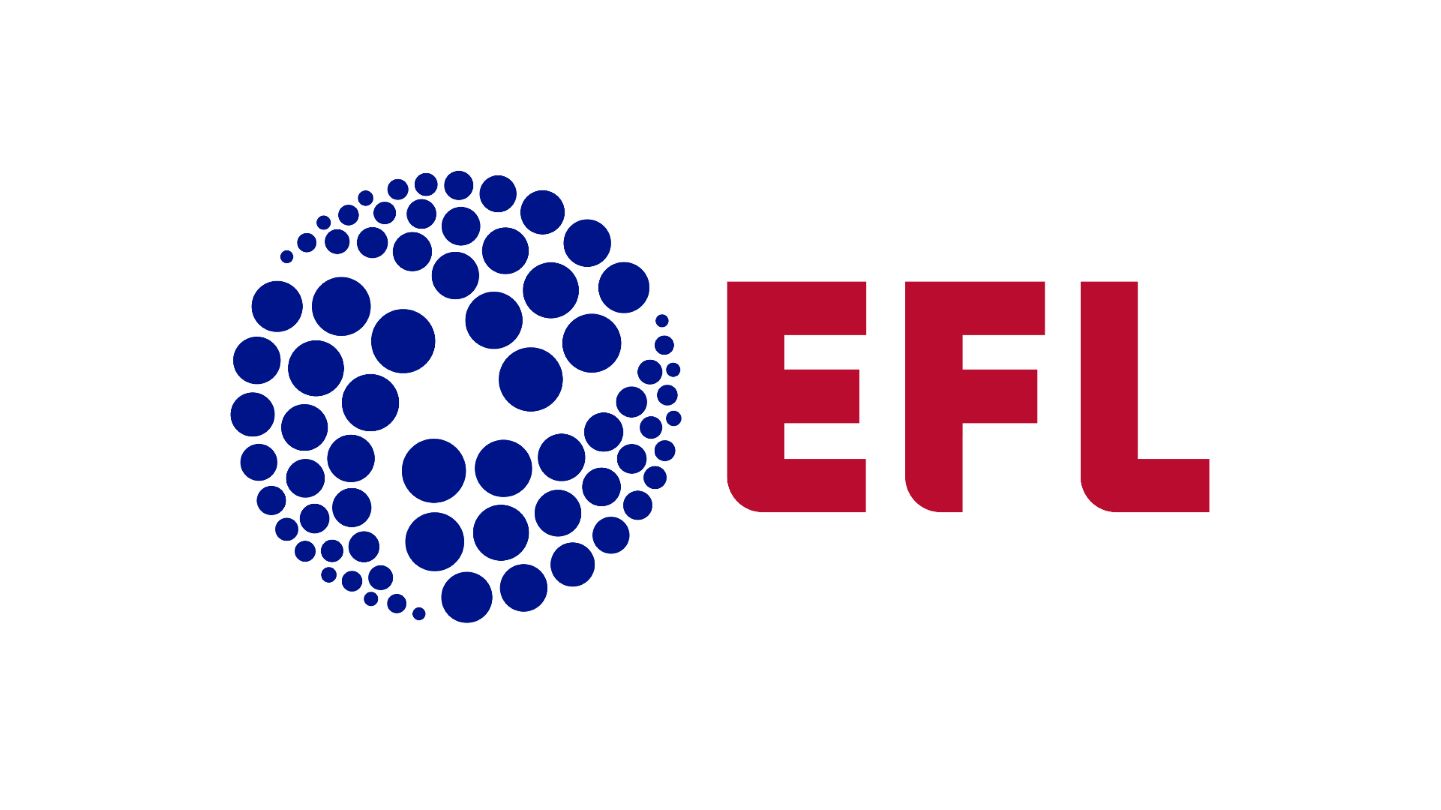Historic legislation to reform the governance of men's elite football in England and put fans back at the heart of the game has been introduced in Parliament today.
The Bill comes at a critical juncture for English football, following the attempted breakaway European Super League, and a series of high profile cases of clubs being financially mismanaged or collapsing entirely.
The legislation being introduced today goes further than the Government’s manifesto commitment, establishing the new ‘Independent Football Regulator’ (IFR) as a standalone body - independent of both Government and the football authorities.
The body will be equipped with robust powers revolving around three core objectives: to improve financial sustainability of clubs, ensure financial resilience across the leagues, and to safeguard the heritage of English football.
Under the Football Governance Bill, new owners and directors will face stronger tests to stop clubs falling into the wrong hands, and face the possibility of being removed and struck off from owning football clubs if they are found to be unsuitable.
The Bill also includes new backstop powers around financial distributions between the Premier League and the English Football League (EFL). These powers mean that if the leagues fail to agree on a new deal on financial distributions, then the backstop can be triggered to ensure a settlement is reached.
For the first time, clubs from the National League (Step One in the football pyramid) all the way to the Premier League will be licensed to compete in men’s elite football competitions in England. The proposed licensing regime will be proportionate to any problems, size and circumstances and involve a system of provisional and full licences, to give clubs time to transition.
It follows a number of issues in recent years including financial mismanagement, breakaway plans for the European Super League, and changes to club names, badges and colours against the wishes of fans.
In addition, today’s Football Governance Bill sets out further detail on how the IFR:
• will produce a periodic State of the Game report setting out an evidence-based analysis of any issues around financial sustainability and systemic resilience in English football.
• will assess all new owners and directors and be able to disqualify owners/officers, in the case of persistent and wilful non-compliance.
• will require clubs to meet licence conditions on fan engagement, where guidance for clubs will set out areas requiring fan consultation.
• will not be overly-interventionist and will adopt an advocacy first approach, but backed up by a broad suite of powers to investigate suspected non-compliance, compel information, and enforce if necessary.
• will have no input in on-field decisions and will act in a way that minimises any impact on sporting competitions.
The Football Governance Bill is the result of the Government’s commitment to deliver a fan-led review of football governance. Triggered after the attempted breakaway European Super League competition, the review sought to examine the industry in detail following the failure of at least 60 professional football clubs since the advent of the Premier League in 1992.
The key recommendation from the review chaired by Tracey Crouch MP was the introduction of an independent regulator of elite men's football in England.
In parallel with the Bill’s introduction, the Government has today confirmed plans to stand up a shadow regulator that will be operational as the IFR is formally set up.
Decisions will be taken on the location of the IFR, the Chair of the regulator and other board members in the weeks and months ahead as the bill makes its passage through Parliament. This follows the appointment of the interim chief operating officer Martyn Henderson OBE in January, who will work with a team on the frameworks, policies and guidance required for the formation of the regulator.
English football remains a global success story and the Premier League is the envy of sporting competitions around the world. The Government remains fully behind its continued success.
Despite this success, the combined net debt of clubs in the Premier League and Championship had reached £5.9 billion by the end of the 2020/21 season. In the same season, the Championship reported a wage-to-revenue ratio average of 125
percent clearly demonstrating clubs were stretching themselves far beyond their means.
While our national game remains one of the UK’s greatest cultural exports, with clubs and leagues around the world modelling themselves on its success, the Government is today taking the necessary and targeted steps to ensure that continues for generations through the introduction of the independent football regulator.

